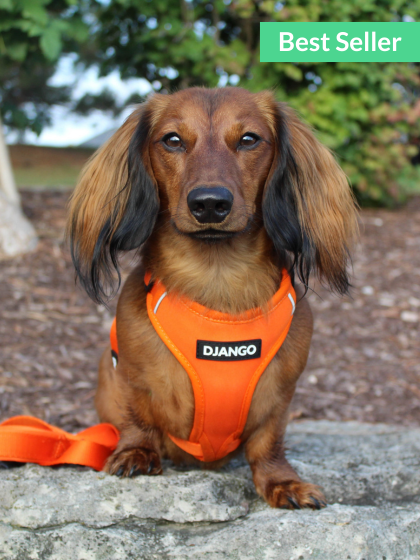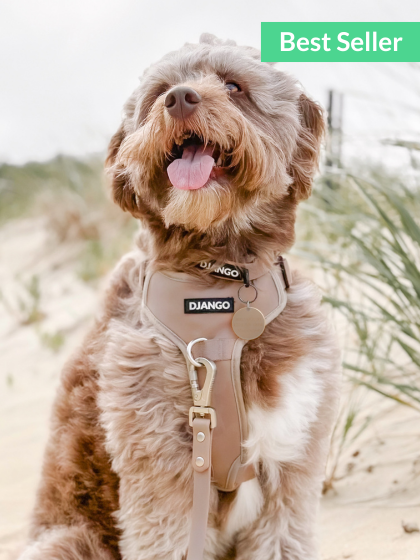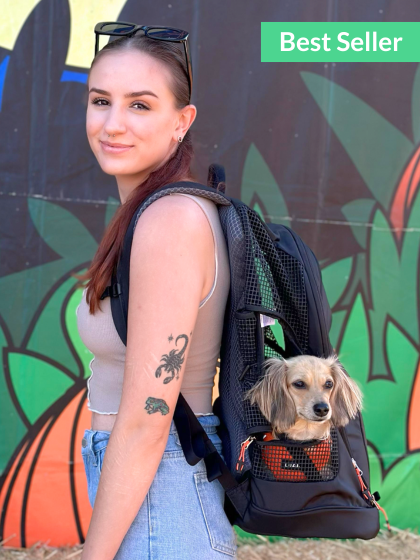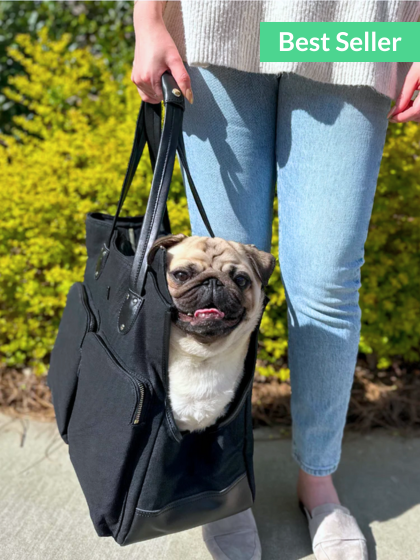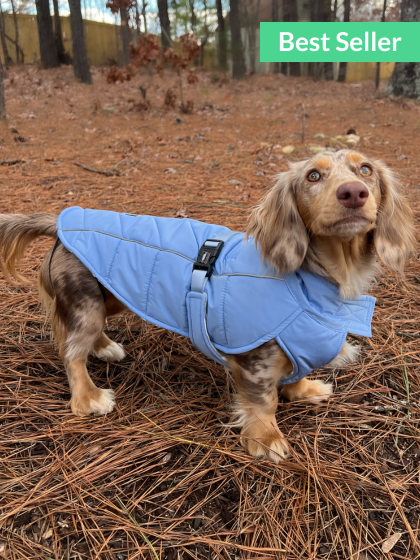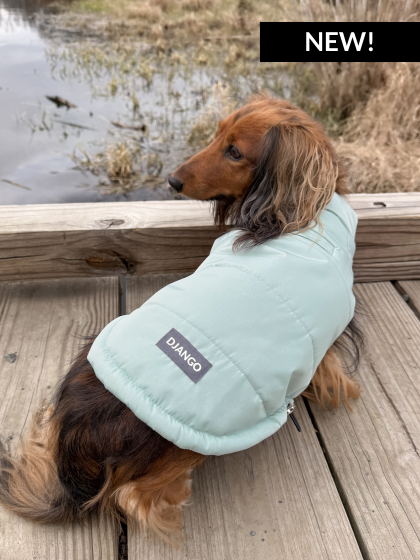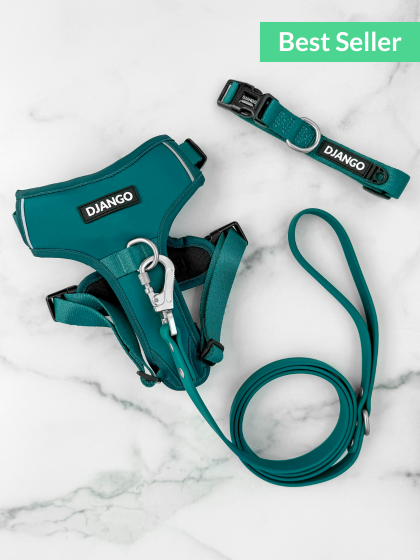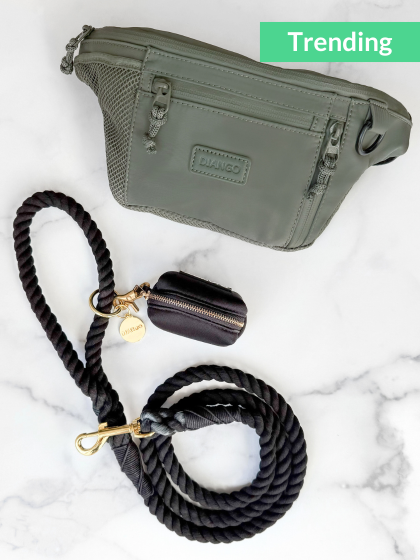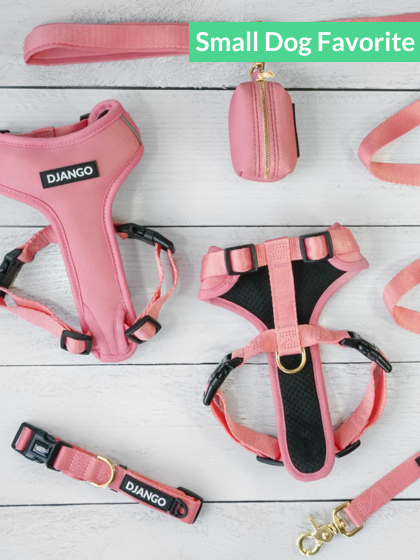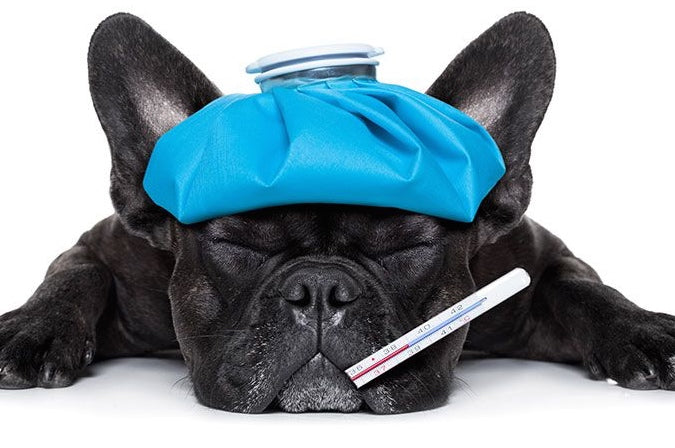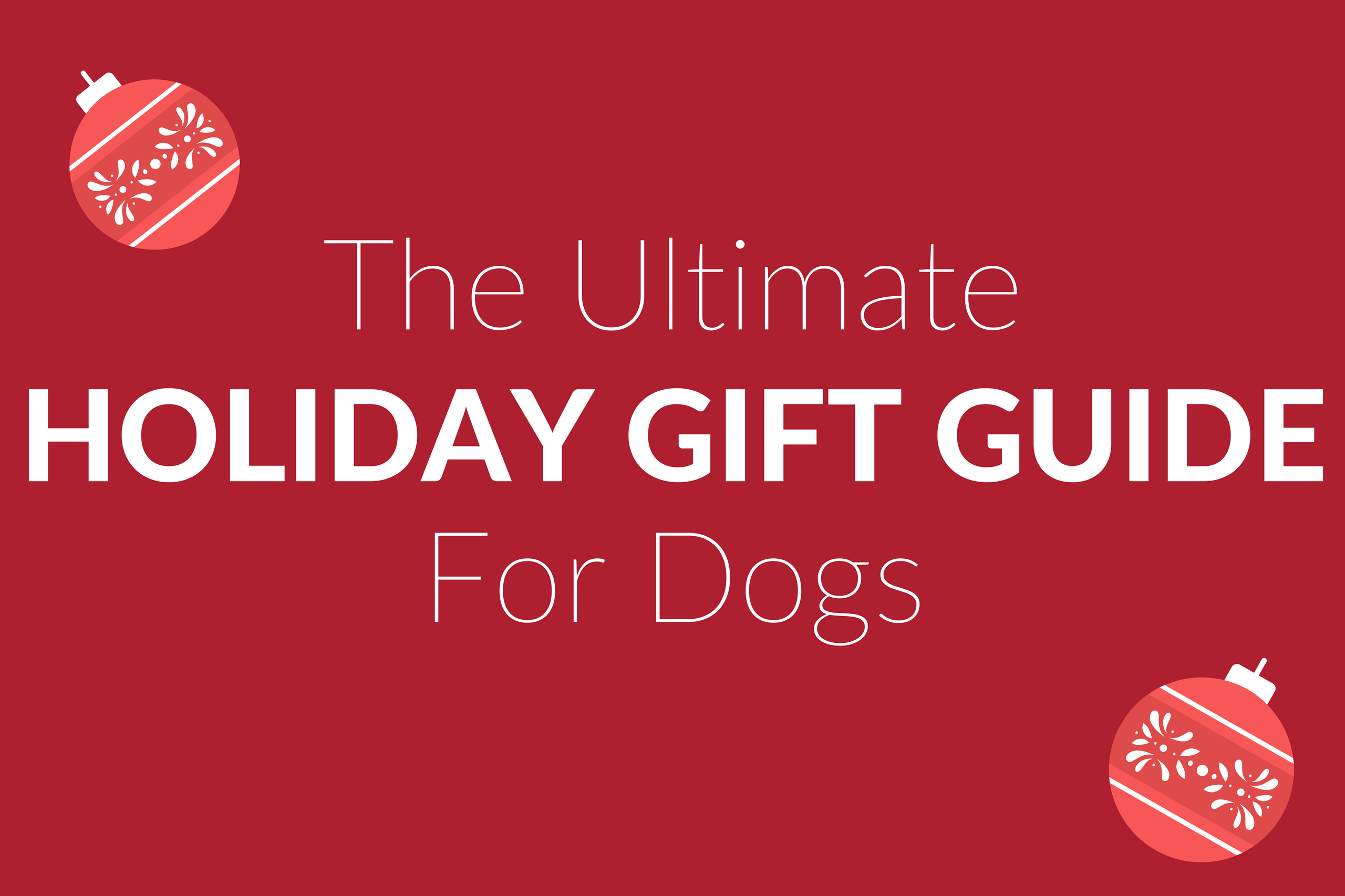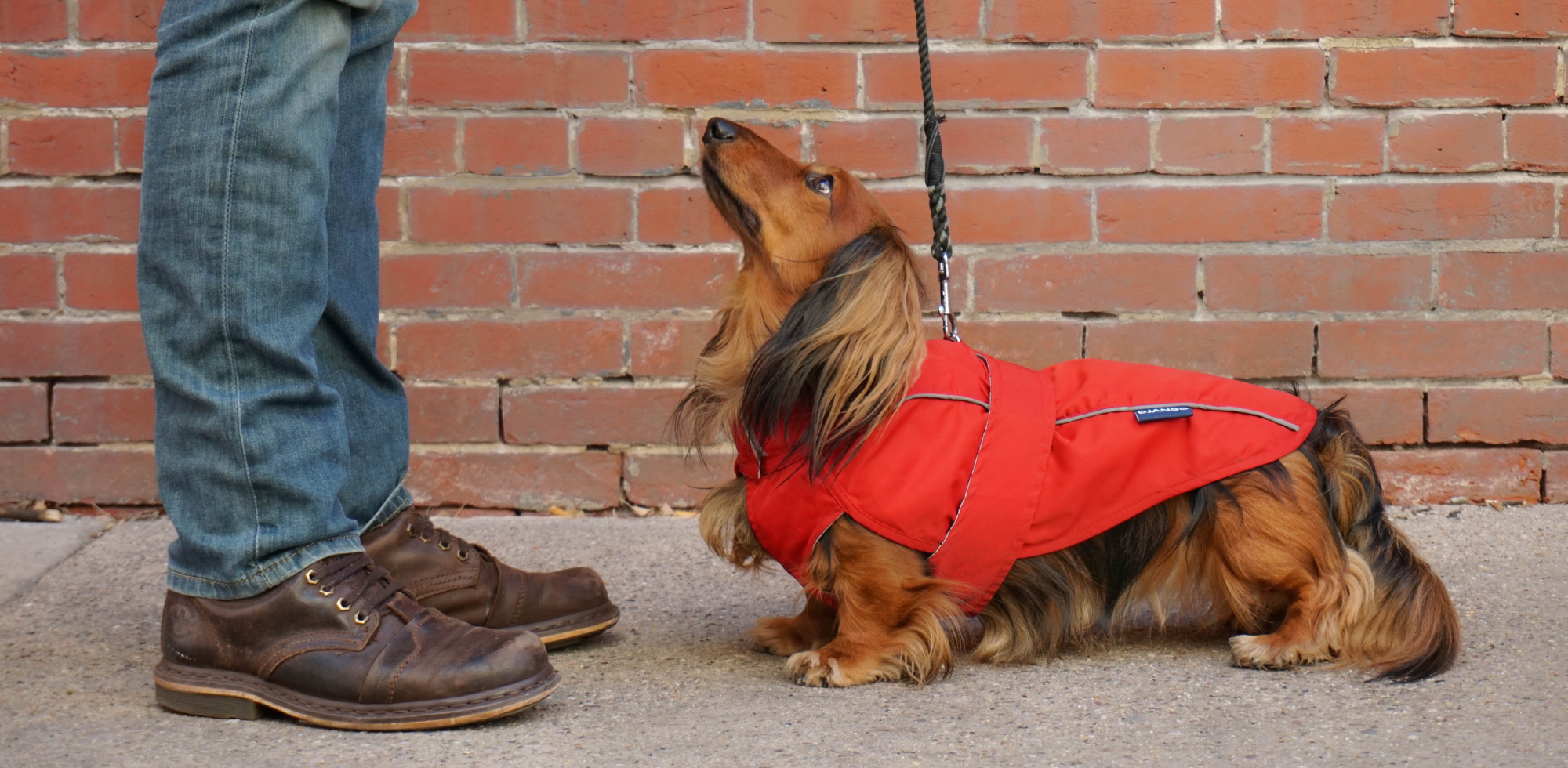This year's flu season is particularly brutal, leaving many dog owners wondering... can my dog get the flu?
Can dogs get the flu?
Yes. Dogs are most susceptible to canine influenza, a contagious respiratory disease that causes common 'human flu' symptoms (cough, runny nose, fever).
Can dogs catch the flu from me?
Yes, but it is extremely unlikely. So unlikely, in fact, that Vanderbilt University Medical Center confirmed that keeping your dog in bed when you're home sick with the flu is safe and emotionally beneficial. "The pet is a comfort, not a hazard", stated Vanderbilt's professor of Preventive Medicine, Dr. William Schaffner, to Science Daily. "You can't get a cold or the flu from your dog or cat".
Well, technically you can. A few rare strains of the flu are transferable cross-species, i.e. between humans and animals. H1N1 swine flu influenza was the most noteworthy example in recent years. After humans contracted H1N1 from pigs, the contagious strain reached domestic animals. Many dogs, cats and even ferrets fell ill or died after contracting H1N1 from their owners
What exactly is canine influenza (dog flu)?
Canine influenza is a contagious respiratory disease in dogs caused by one of two canine influenza viruses: H3N8 virus and H3N2 virus. The Centers for Disease Control (CDC) reports that no human cases of canine influenza have ever been reported. In other words, you cannot catch canine flu from your dog.
How do dogs catch the dog flu?
Just like the human flu, dog flu is spread through close contact with other dogs in highly populated areas. Dogs that frequent doggy day care, kennels or dog parks are more at risk of exposure.
What are the symptoms of canine influenza?
According to the CDC, dog symptoms include "cough, runny nose, fever, lethargy, eye discharge, and reduced appetite." It is possible for dogs with the flu to be asymptomatic and recover on their own. Symptoms can last up to 2-3 weeks. Although very rare, it is possible for dogs to develop pneumonia and even die from the flu.
Have there been recently reported cases of dog flu?
Yes. The San Francisco SPCA reported new cases of canine influenza in the bay area in early 2018.
Should I worry?
No. Like the human flu, the large majority of dogs that catch the flu recover wonderfully within 2-3 weeks. Rest and hydration are usually the best treatments. It is very rare for dogs with the flu to catch pneumonia and even more rare for the virus to become deadly.
What should I do if my dog shows flu symptoms?
Take your dog to the vet as soon as he or she starts displaying signs of the flu. Although many cases are mild, your vet will check for signs of bacterial infections and/or pneumonia and prescribe medication or other treatments accordingly.
Can I get my dog a vaccine for canine influenza?
Yes, vaccines exist for both the H3N8 and H3N2 strains of canine influenza. Speak to your vet about whether these vaccines are appropriate for your pup.
Did you find this post useful? Please leave us a comment below!

